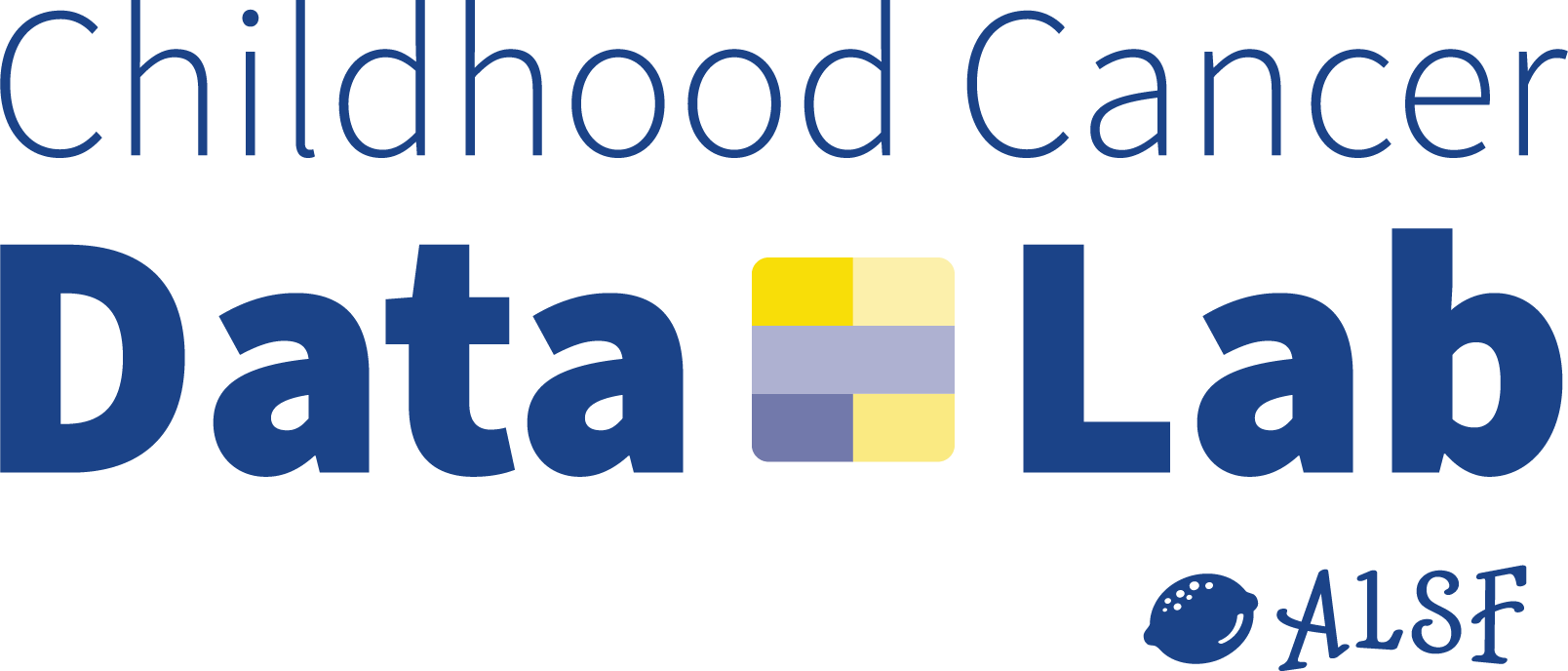42 Downloadable Samples
Nucleus
10Xv2_5prime, 10Xv3.1
Pediatric brain cancers are the most common solid tumors in children with varying survival rates depending on molecular features of cancer cells and associated microenvironment. Several studies have used single-cell RNA sequencing to define transcriptional programs active in cancer cells and highlighted supportive roles of non-cancerous cells embedded in these tumors. Although application of single-cell RNA sequencing technology has expanded our understanding of intratumoral heterogeneity and underlying transcriptional mechanisms in brain tumors at diagnosis, mechanisms of disease remains elusive. Therefore, the purpose of this proposal is to characterize cellular and transcriptional states of malignant and non-malignant compartments at primary diagnosis and at relapse. In this study, we performed single-nuclei sequencing of 42 patient samples taken at various disease stages (initial diagnosis, progressive disease, and relapsed disease) from 20 patients with low-grade glioma or Atypical Teratoid Rhabdoid Tumor (ATRT). Bulk whole genome and RNA-seq data for these samples are available from the Children’s Brain Tumor Network and the Gabriella Miller Kids First Data Resource Center. Findings from our study will help define the mechanistic shifts of tumor and non-cancerous cells over course of disease progression. Collectively with the single-cell Pediatric Cancer Atlas funded, this project lays the foundation of an important data set focused on lethal relapsed cancers that can continue to be expanded to identify cancer-intrinsic and extrinsic microenvironmental factors supporting recurrence of pediatric brain tumors.

